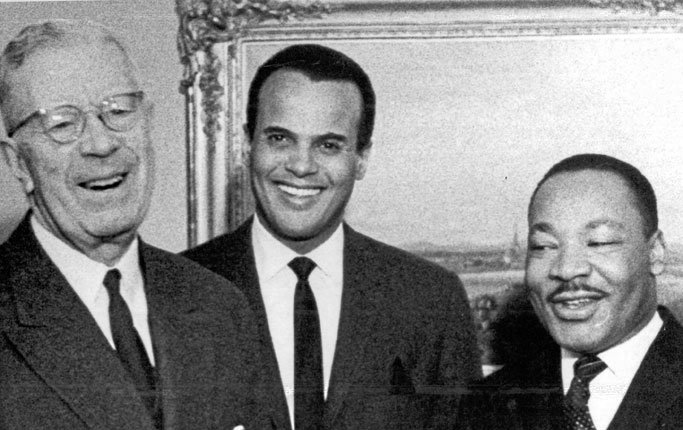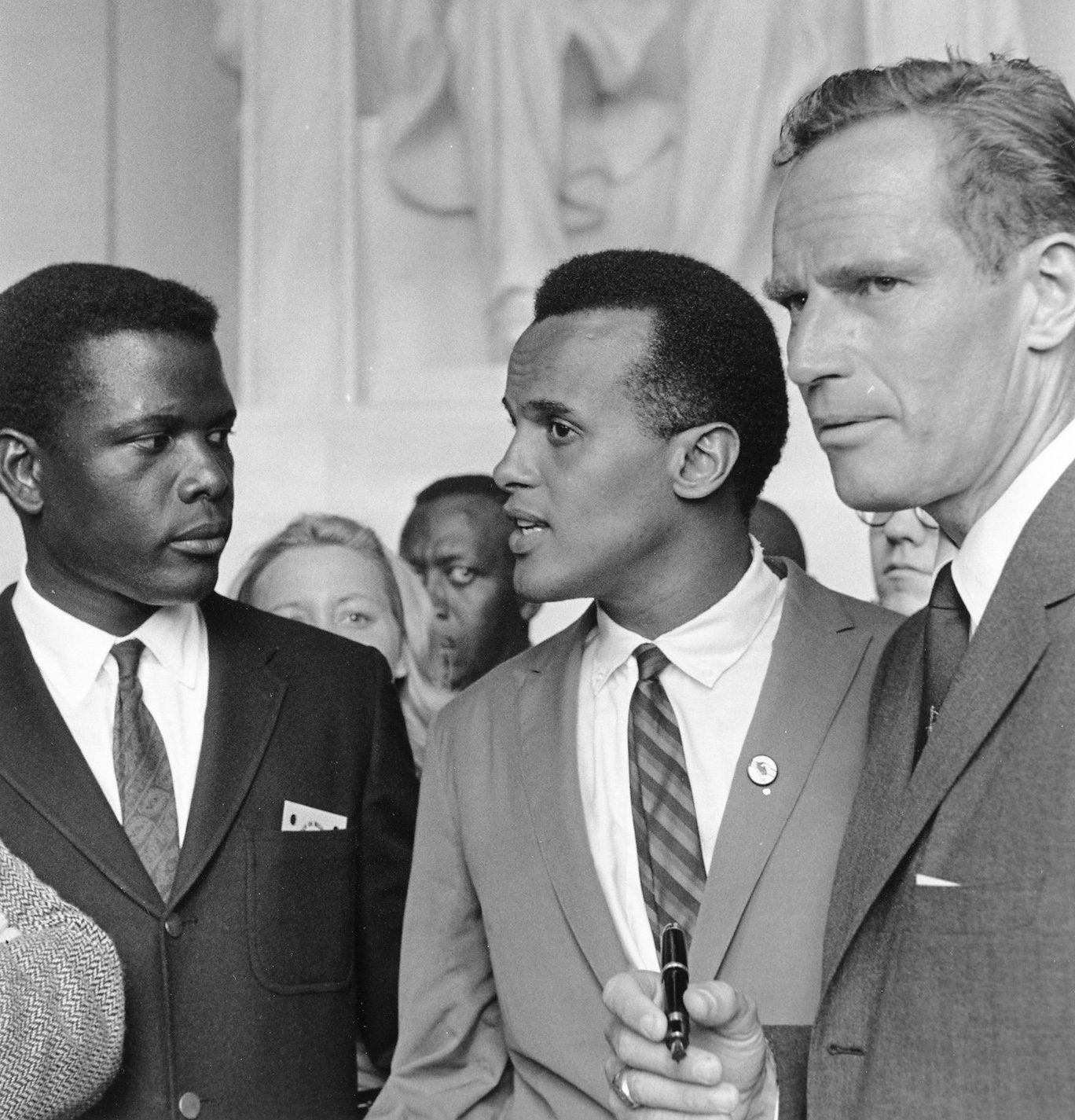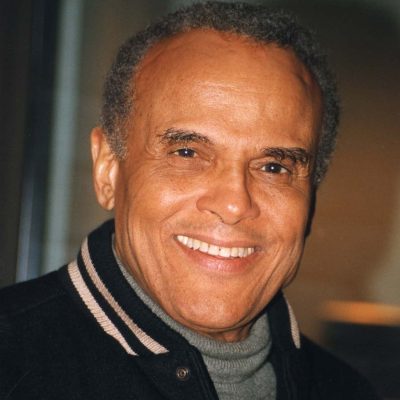April 25, 2023, marked the passing of Harry Belafonte, a towering figure in American entertainment and civil rights activism. Belafonte, who died at the age of 96 due to congestive heart failure, leaves behind a legacy that intertwines the rhythms of calypso with the enthusiasm for social justice, creating an indelible mark on the cultural and political landscapes of the 20th and 21st centuries.
The rise of a star
Born in Harlem in 1927, Belafonte’s early life was a mosaic of the vibrant cultures of New York City and Jamaica, where he spent a portion of his childhood. His return to New York as a teenager set the stage for a career that would redefine the boundaries of artistry and activism.
Belafonte’s foray into the world of entertainment was as meteoric as it was groundbreaking. His debut album, Calypso (1956), became the first album ever to sell a million copies, catapulting him to international fame.
Hits like Banana Boat Song (Day-O) and Jump in the Line became synonymous with his name, earning him the title King of Calypso.
But Belafonte was not just a musician; he was a trailblazer in film and television. His roles in movies like Carmen Jones (1954) and Odds Against Tomorrow (1959) broke racial barriers in Hollywood, showcasing his versatility and commitment to challenging the status quo.
Voice of change

Beyond his artistic contributions, Belafonte’s legacy is deeply rooted in his unwavering commitment to civil rights and social activism. A close confidant of Dr. Martin Luther King Jr., Belafonte played a pivotal role in the Civil Rights Movement, using his celebrity to draw attention to the struggle for equality. He helped organise the historic March on Washington in 1963 and was a key figure in raising funds for the movement.
Belafonte’s activism extended beyond the shores of America. He was a vocal opponent of apartheid in South Africa and supported numerous humanitarian causes. His efforts earned him numerous accolades, including the appointment as a UNICEF Goodwill Ambassador.
Influence and inspiration

Belafonte’s influence transcended the realms of entertainment and activism, inspiring generations of artists and activists. His approach to blending art with social consciousness paved the way for future entertainers to use their platforms for advocacy.
His music, characterised by its infectious rhythms and social commentary, influenced artists across genres. In film, his roles challenged stereotypes and opened doors for future generations of African American actors.
Reflections from peers and experts
Colleagues and contemporaries often speak of Belafonte with a mix of reverence and affection. Sidney Poitier, a longtime friend and collaborator, once described him as a “brother in arms” in the fight for civil rights. Younger artists, like John Legend, have cited Belafonte as a key influence in their careers, both as musicians and activists.
Scholars of African American studies and entertainment history regard Belafonte as a pivotal figure who bridged the gap between art and activism. His commitment to social justice is seen as an extension of his artistic expression, making him a unique figure in American history.
A legacy beyond time
Harry Belafonte’s passing is not just the loss of an iconic entertainer and activist but the closing of a significant chapter in the story of American cultural and political life. His life’s work offers a blueprint for how art can be an instrument for change, how a song can be both a melody and a call to action, and how one man’s voice can resonate through generations. As I reflect on his remarkable journey, I find myself enriched by the melodies he left behind and inspired by the path he forged – a path of art, activism, and unwavering hope.






Leave a Reply